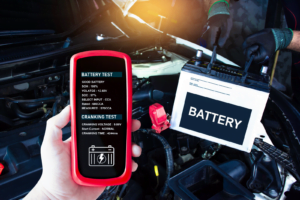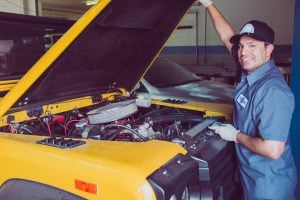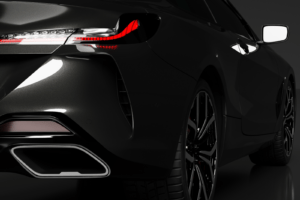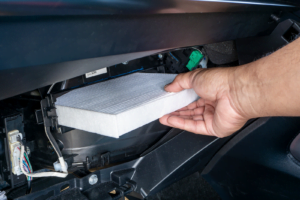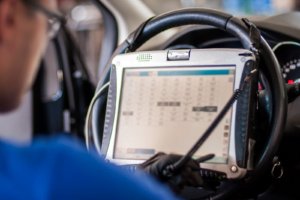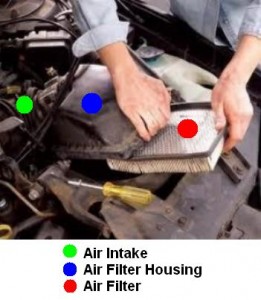 Not so unconventional but often forgotten, the air filter simply ensures harmful particles do not enter the air/fuel chamber and that a consistent flow of air is entering into the air intake. Similar to a dirty furnace or air purifier filter the engine air filter will see a decrease in performance due to contaminants. In this case that decrease in performance equates to fuel economy.
Not so unconventional but often forgotten, the air filter simply ensures harmful particles do not enter the air/fuel chamber and that a consistent flow of air is entering into the air intake. Similar to a dirty furnace or air purifier filter the engine air filter will see a decrease in performance due to contaminants. In this case that decrease in performance equates to fuel economy.
The air filter should be inspected every oil change visually for dirt, large debris in the filter box or blockages in the air uptake from the exterior of the vehicle. If blockages are detected the use of a vacuum is ideal in removing them. The air filter on your vehicle can be serviced more often based on the amount of dust or contaminants picked up during your driving but expect between 24 000 – 48 000km or once every 1-2 years under normal driving conditions (check the vehicle owners manual).
To complicate matters, there are a number of “high performance” filters on the market. These filters help to increase the amount of air flow to the engine but are not as efficient as paper filters at trapping contaminants. I would recommend purchasing these filters only if you know your type of driving does not result in very clogged paper filters.
If you are a DIY, or for a quick lube, I would recommend sticking to the conventional paper filter and leave the high performance filters to the performance enthusiasts. The key to good fuel economy will be a clean filter, intake and filter housing.
Article first published as Unconventional Ways to Improve Fuel Economy (Part 2) on Technorati.

